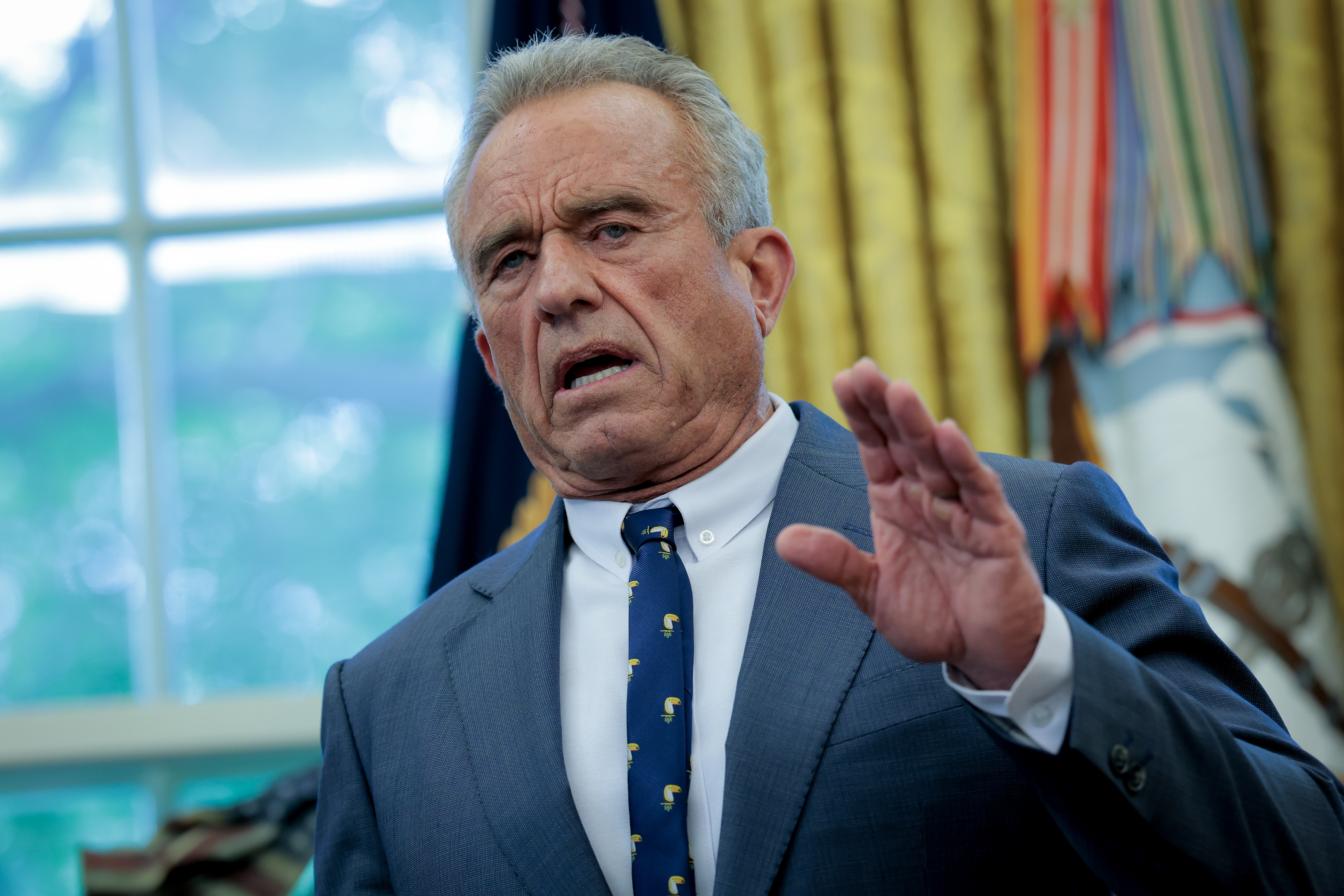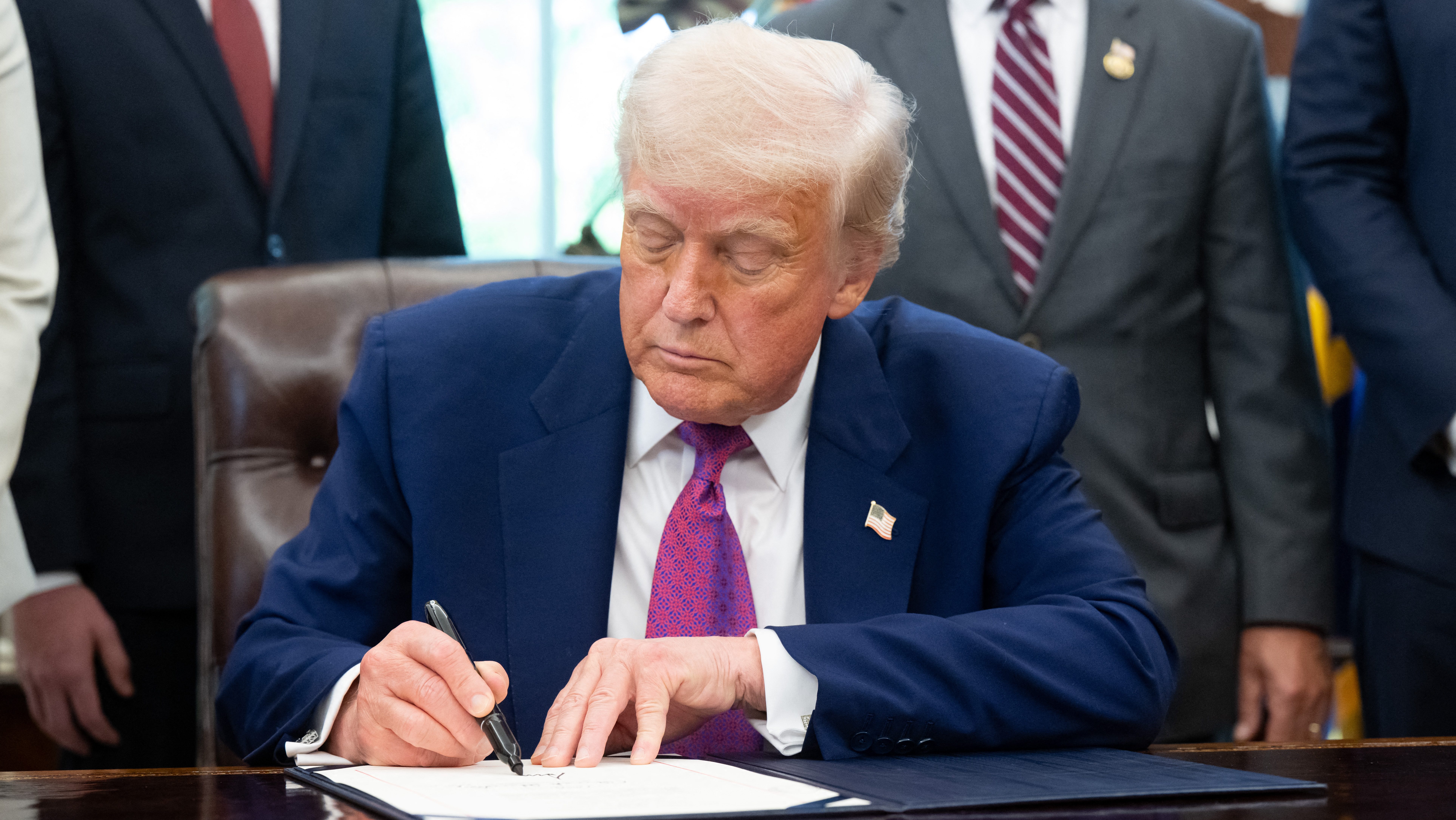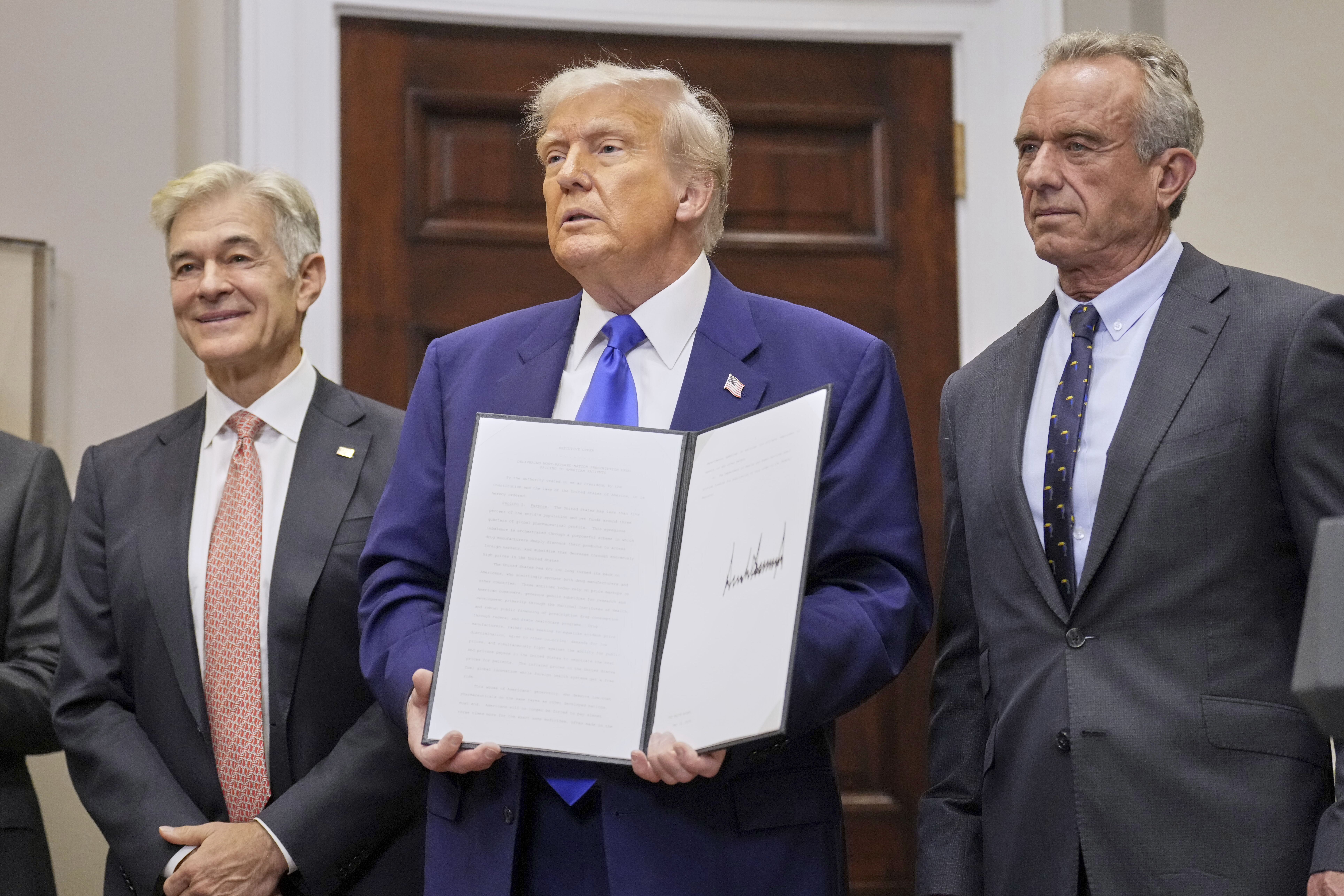Gilead Fined $202M: HIV Drug Kickback Scheme Exposed!
Gilead Hit with $202 Million Settlement: Kickbacks for HIV Drug Prescriptions?
Introduction: When Big Pharma Plays Dirty
Imagine this: you trust your doctor, you rely on their expertise, and you believe they have your best interests at heart. But what if that trust is misplaced? What if your doctor's decisions are influenced by something other than your health, like...money? That's the unsettling reality at the heart of the recent settlement involving Gilead Sciences. The pharmaceutical giant has agreed to shell out a whopping $202 million to settle claims that they incentivized doctors to prescribe their HIV medications through illegal kickbacks. Let's dive into the details of this case and explore what it means for patients, the healthcare industry, and the future of prescription drug practices.
Understanding the Allegations: Speaker Programs and the Illusion of Education
At the center of the allegations are Gilead's "speaker programs." These programs, ostensibly designed to educate doctors about Gilead's HIV drugs, allegedly served as a thinly veiled means of paying kickbacks. Think of it like this: instead of legitimate educational events, these programs became lavish parties where doctors were rewarded handsomely for prescribing Gilead's medications. Did these programs truly enhance medical knowledge, or were they just a sophisticated marketing ploy?
The Role of Speaker Fees
According to the interim U.S. Attorney Jay Clayton, Gilead spent an astounding "tens of millions of dollars on these programs, including over $20 million in speaking fees." These fees, often exorbitant, served as a direct incentive for doctors to promote Gilead's drugs. It's like offering someone a bonus for doing something you want them to do – a clear conflict of interest.
The Excesses: Meals, Alcohol, and Travel
But the speaker fees were just the tip of the iceberg. Millions more were spent on "exorbitant meals, alcohol, and travel." These perks created an environment where doctors felt indebted to Gilead, making them more likely to prescribe the company's drugs, regardless of whether those drugs were the best option for their patients. Was patient care truly at the forefront of these doctors' minds, or were they simply chasing the perks?
The Drugs in Question: Biktarvy and Descovy
The settlement specifically mentions Biktarvy and Descovy, two of Gilead's leading HIV medications. These drugs are highly effective in managing HIV, but they also come with a hefty price tag. By allegedly incentivizing doctors to prescribe these specific drugs, Gilead may have prioritized profit over patient well-being.
The Cost to Medicare and Medicaid
The alleged kickback scheme ultimately resulted in "false claims" being submitted to Medicare and Medicaid. These government programs, designed to provide healthcare to vulnerable populations, were forced to foot the bill for drugs that may not have been medically necessary. This misuse of taxpayer dollars is a serious concern.
The False Claims Act: Fighting Fraud in Healthcare
The lawsuit against Gilead was brought under the False Claims Act, a powerful tool for combating fraud against the government. This act allows individuals, often whistleblowers, to sue companies on behalf of the government and recover funds that were obtained through fraudulent means. It's like having a watchdog constantly monitoring the actions of big corporations.
The Role of Whistleblowers
Whistleblowers play a crucial role in uncovering fraud and holding companies accountable. In this case, it's likely that a whistleblower provided key information that led to the investigation and subsequent settlement. These brave individuals risk their careers and reputations to expose wrongdoing, and they deserve our gratitude.
Gilead's Response: No Admission of Guilt, But...
While Gilead has agreed to pay the $202 million settlement, the company has not admitted any wrongdoing. This is a common tactic in these types of cases, as admitting guilt could have far-reaching consequences. However, the settlement itself speaks volumes. Would a company pay such a significant amount of money if they were truly innocent?
The Impact on Patients: Eroding Trust and Questionable Prescriptions
The alleged kickback scheme has a profound impact on patients. It erodes trust in the medical profession and raises questions about the motivations behind prescription drug decisions. How can patients be sure that their doctors are acting in their best interests when financial incentives are involved? This case highlights the need for greater transparency and accountability in the healthcare industry.
The Need for Informed Consent
This situation underscores the importance of informed consent. Patients should feel empowered to ask their doctors about the reasons behind their treatment recommendations and to seek second opinions if they have any concerns. Remember, you have the right to be an active participant in your healthcare decisions.
The Bigger Picture: The Influence of Big Pharma
The Gilead settlement is just one example of the pervasive influence of big pharmaceutical companies on the healthcare industry. From direct-to-consumer advertising to lobbying efforts, pharmaceutical companies wield considerable power. This power can distort the market and lead to higher drug prices and questionable prescribing practices.
The Push for Drug Price Reform
Cases like the Gilead settlement fuel the ongoing debate about drug price reform. Many advocates argue that the current system allows pharmaceutical companies to charge exorbitant prices for their medications, putting them out of reach for many patients. Reforming the system could help ensure that life-saving drugs are accessible to everyone who needs them.
Looking Ahead: Strengthening Oversight and Accountability
What can be done to prevent future kickback schemes and ensure that patients' needs are prioritized? Strengthening oversight and accountability within the pharmaceutical industry is essential. This includes increasing scrutiny of speaker programs, enforcing stricter regulations on marketing practices, and empowering whistleblowers to come forward with information about wrongdoing.
The Role of Regulatory Agencies
Regulatory agencies like the Food and Drug Administration (FDA) and the Department of Justice (DOJ) play a crucial role in policing the pharmaceutical industry. These agencies need to be adequately funded and staffed to effectively investigate allegations of fraud and hold companies accountable for their actions.
Conclusion: Protecting Patients and Restoring Trust
The Gilead settlement serves as a stark reminder of the potential for abuse within the healthcare system. While the $202 million payment is a significant penalty, it's just a small step towards restoring trust and ensuring that patients' needs are always put first. We need to continue pushing for greater transparency, accountability, and ethical behavior within the pharmaceutical industry to protect patients and safeguard the integrity of our healthcare system.
Frequently Asked Questions
Q1: What exactly are "kickbacks" in the context of pharmaceutical marketing?
Kickbacks are illegal incentives offered to doctors or other healthcare providers to prescribe or recommend specific drugs or medical devices. They can take many forms, including cash payments, lavish meals, expensive trips, or excessive speaker fees.
Q2: How does this settlement affect people currently taking Biktarvy or Descovy?
The settlement doesn't directly affect the safety or efficacy of Biktarvy or Descovy. If your doctor has prescribed these medications, continue taking them as directed. However, if you have concerns about your doctor's prescribing habits, consider seeking a second opinion.
Q3: What is the False Claims Act, and how does it help prevent fraud?
The False Claims Act is a federal law that allows individuals to sue companies on behalf of the government if they have evidence of fraud against the government. It incentivizes whistleblowers to come forward and report wrongdoing, helping to recover taxpayer dollars and deter future fraud.
Q4: What steps can I take to ensure my doctor is making unbiased treatment decisions?
Be an active participant in your healthcare. Ask your doctor about the reasons behind their treatment recommendations, research your options, and seek a second opinion if you have any doubts or concerns. Don't be afraid to ask direct questions about potential conflicts of interest.
Q5: Will Gilead be required to change its marketing practices as a result of this settlement?
While the specific terms of the settlement may vary, it's likely that Gilead will be required to implement changes to its marketing practices to prevent future kickback schemes. These changes could include stricter oversight of speaker programs, limits on spending on meals and travel, and enhanced training for sales representatives.







